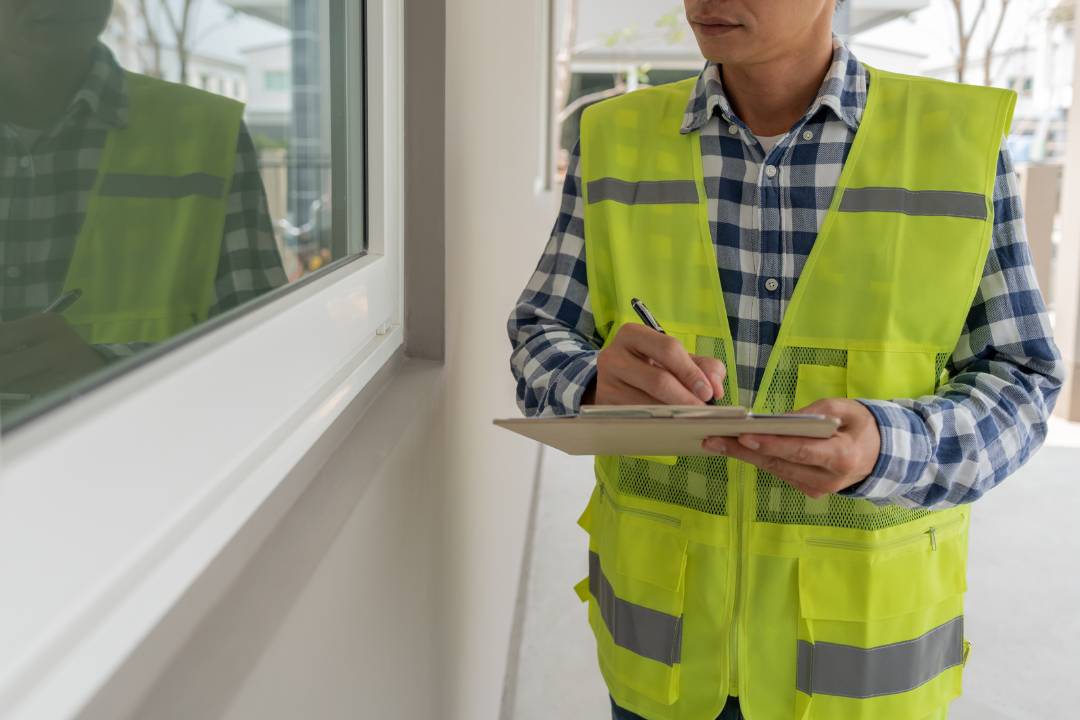One important part of this process is the home inspection. But what should you expect during a home inspection? How can you make sure you’re prepared? Let’s explore everything you need to know to make informed decisions and secure your dream home.
The Importance of Home Inspections
Why Get a Home Inspection?
A home inspection is more than just a formality. Ensuring the property you’re investing in is safe, structurally sound, and worth its price tag is vital. Skipping this step could lead to unforeseen expenses and headaches down the line.
Protecting Your Investment
Home inspections provide an unbiased evaluation of a home’s condition. This information can be a game-changer regarding negotiations and even save you from a bad investment.
Peace of Mind
Knowing that a professional has thoroughly inspected your potential home can give you the confidence to proceed with your purchase. It assures you that no hidden dangers are lurking behind walls or under floorboards.
What to Expect During a Home Inspection
Scheduling the Inspection
Once you’ve found a home you love, it’s time to schedule an inspection. This typically happens soon after your offer is accepted. Choosing a qualified inspector, preferably one with good reviews and proper certifications, is essential.
The Inspection Day
On the day of the inspection, expect the process to take two to four hours, depending on the size and condition of the home. Attending the inspection is a good idea so you can ask questions and get immediate feedback from the inspector.
The Final Report
After the inspection, you’ll receive a detailed report outlining the inspector’s findings. This report can include photos, descriptions of any issues found, and recommendations for repairs or further evaluations by specialists.
Common Issues Found During Home Inspections
Structural Problems
Inspectors look at the home’s structural integrity as a critical area. This includes the foundation, roof, and framing. Structural issues can be costly to fix and may affect your decision to proceed with the purchase.
Electrical and Plumbing Issues
Inspectors will also check the home’s electrical systems and plumbing. Common issues include outdated wiring, insufficient electrical capacity, leaky pipes, and water damage. These problems can pose safety hazards and lead to expensive repairs.
HVAC Systems and Appliances
The heating, ventilation, and air conditioning (HVAC) systems are another focus area. Inspectors ensure these systems are working efficiently and safely. They also check major appliances to confirm they are in good working order.
After the Inspection
Reviewing the Report
Take the time to review the inspection report thoroughly. Pay close attention to any significant issues and consider their potential impact on the home’s value and your repair budget.
Making Informed Decisions
Use the information from the inspection report to make informed decisions about your purchase. This could include negotiating with the seller for repairs, a price reduction, or deciding to leave the deal if the issues are too severe.
Proceeding with Negotiations
If the inspection reveals problems, you can negotiate with the seller to address these issues. This might involve asking the seller to make repairs, offering a credit toward the cost of repairs, or lowering the sale price to account for the needed fixes.
Home inspections are an indispensable part of the home-buying process. They provide crucial insights into a property’s condition, helping you make informed decisions and avoid costly surprises. By understanding what to expect and how to prepare, you can confidently navigate this crucial step and move forward with your purchase.


